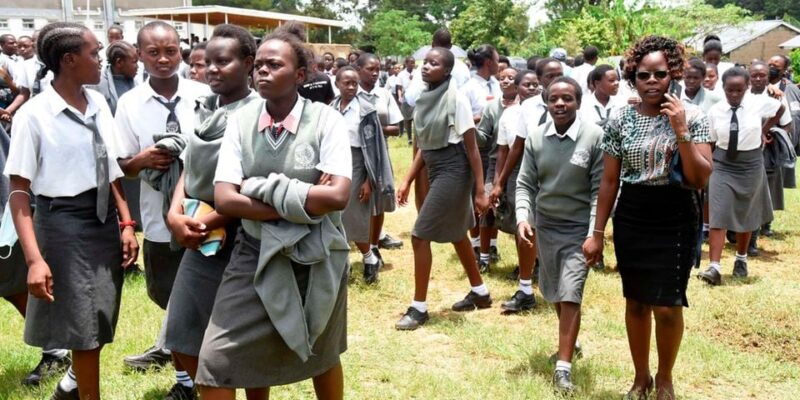Schools across the country are reeling from a severe financial crisis as delays in disbursing capitation funds force administrators to send learners home. The Kenya Union of Post-Primary Education Teachers (Kuppet) has raised the alarm, warning that schools may be forced to shut down mid-term if the government does not act swiftly.
The Kenya Secondary Schools Heads Association (Kessha) says day schools are the worst hit since they rely almost entirely on capitation funds to keep their doors open. Boarding schools, though partly cushioned by fees from parents, are also struggling with arrears exceeding Sh10 million in some cases.
Principals lament that the Ministry of Education has tied capitation funds to the verification of the Unique Personal Identifier (UPI) for all learners, a process slowed down by the lack of birth certificates among many students. “We have more than 1,000 learners, but a significant number don’t have birth certificates. Without these, they can’t get a UPI. Meanwhile, bills are piling up,” one Coast-based principal said.
School heads question the timing of the government’s data-cleaning exercise, arguing that it could have been done during the school holidays rather than in the middle of an academic term filled with exam preparations.
Parents, too, have been urged to play their part. National Parents Association Chairperson Silas Obuhatsa called on parents to clear outstanding fees, warning against hiding behind the notion of free education.
Kuppet leaders, however, insist that the government must shoulder its responsibility. Deputy Secretary-General Moses Nthurima cautioned that the ongoing delays amount to “stealing from children,” while national chairperson Omboko Milemba called for the restoration of the Sh22,200 annual capitation per learner, dismissing the current Sh16,000 as inadequate.
As schools brace for national exams in October and November, the funding crisis threatens to derail preparations, leaving principals torn between keeping schools open and balancing unmanageable debts.





